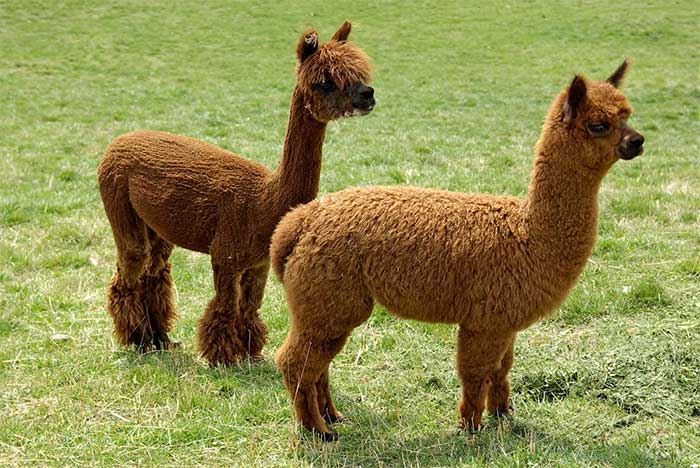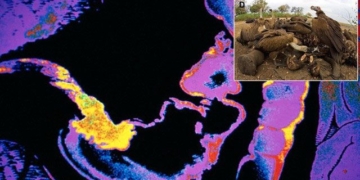On May 28, U.S. officials reported the first recorded cases of highly pathogenic H5N1 avian influenza in Alpacas – a species belonging to the South American camelid family – at a farm in the country.

Alpaca.
This announcement comes amid a broader outbreak of avian influenza affecting various dairy farms across the United States, with recent reports of two human cases of bird flu.
According to the U.S. Department of Agriculture, the farm where the infected alpacas were found is located in Idaho, in the northwestern part of the country. This farm has also been dealing with poultry affected by the disease, which has been managed and disposed of this month. The USDA stated that this is the first time the H5N1 avian influenza virus has been detected in this species of alpaca.
In recent weeks, officials have identified H5N1 avian influenza infections in over 50 animal species in the U.S., including dairy cattle. On May 22, U.S. health officials reported a second human case of avian influenza in Michigan, less than two months after the first case was identified in Texas.
In March, U.S. authorities detected infections in cattle and goats, surprising experts since these species were thought to be resistant to the H5N1 strain of influenza.
Although no cases of human-to-human transmission have been reported so far, experts are concerned about the potential for the virus to mutate into a form that could spread between humans.


















































